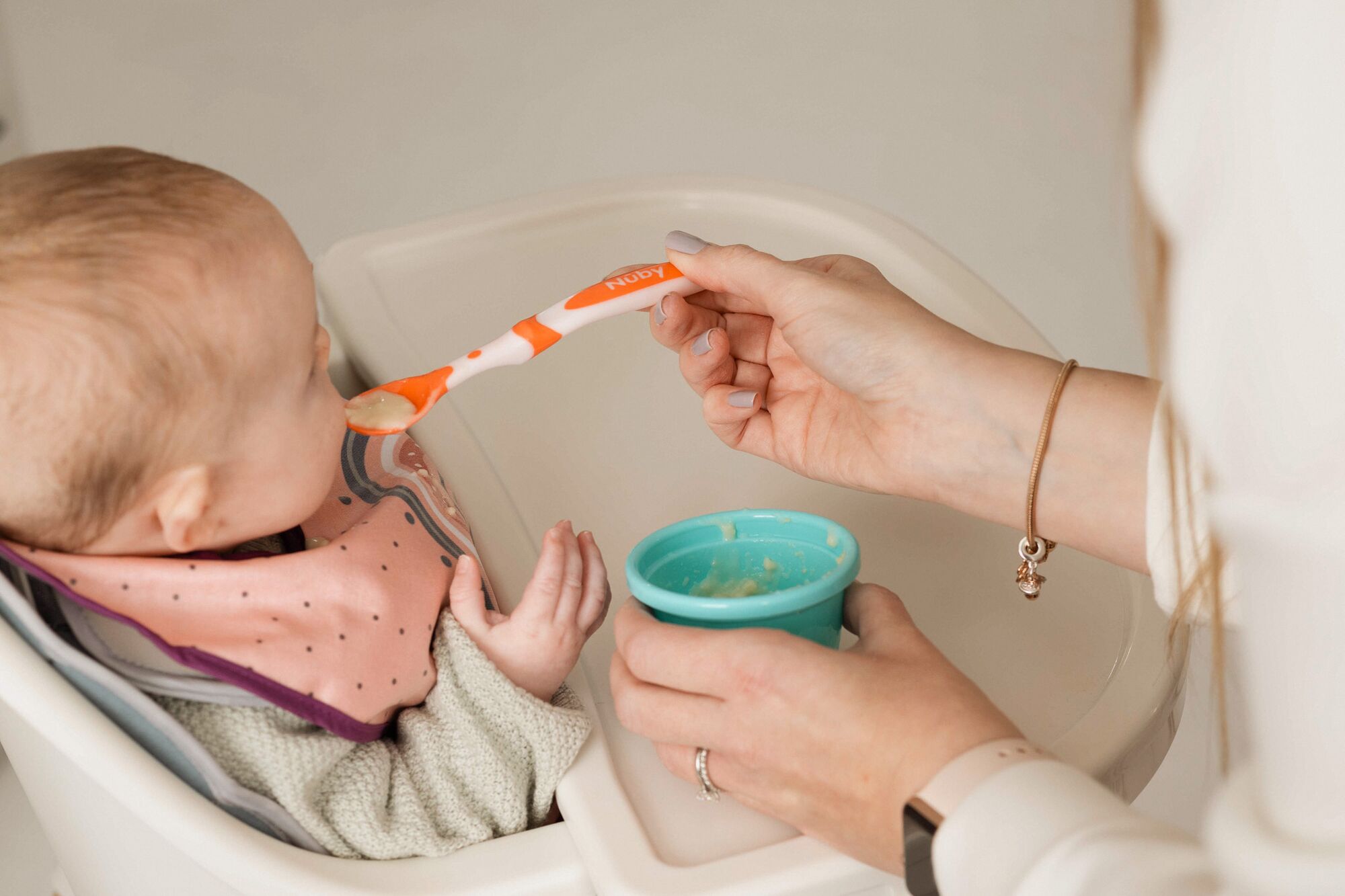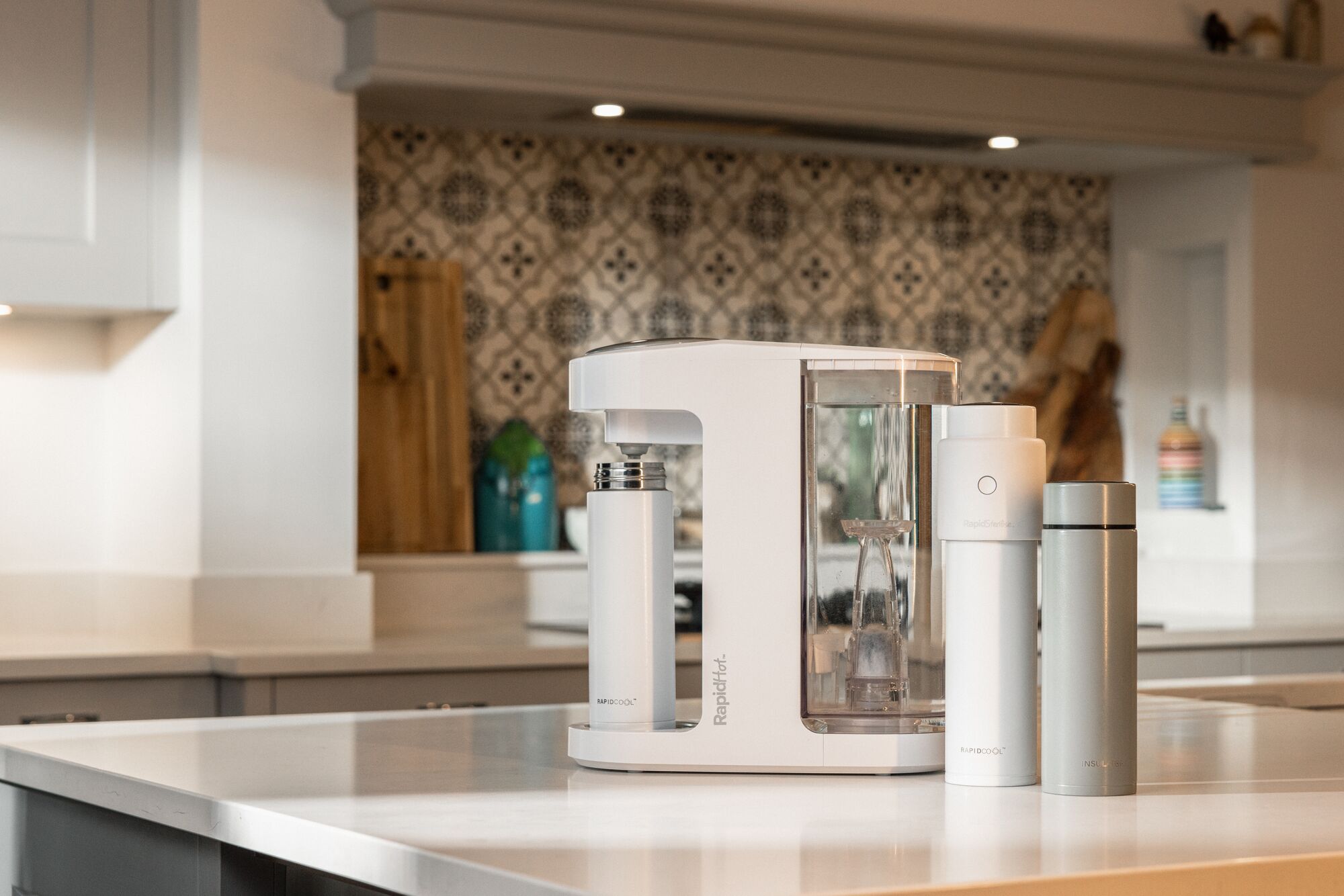When you have a baby, time can feel like it disappears in a blur of feeds, naps and nappy changes. Even though you want to do the best for your baby’s development, finding moments for quality interaction can often feel impossible.
When parents do get a spare minute, they may wonder what to do with their baby to make the most of that time. That’s why we’ve teamed up with psychologist Dr Eleanor Bryant, Associate Professor in Health Behaviour Psychology at the University of Bradford, to discover what really supports baby development and the answer might surprise you… a simple game of peekaboo.
What is a baby’s emotional and cognitive growth and why does it matter?
A baby’s emotional and cognitive growth is how they begin to understand the world around them, build relationships and develop skills like attention, memory, communication and emotional regulation. It’s how babies learn to recognise feelings, build trust and make sense of their environment, all before they can even speak.
This growth starts from day one, shaped by the interactions they have with the people closest to them. Everyday activities like talking, singing, cuddling and playing help to build vital brain connections, supporting everything from language development to emotional resilience later in life.
Why do parents need to support it?
Science shows that babies aren’t born with fully developed brains; they build them through relationships. Positive, responsive moments with parents and caregivers act like building blocks, strengthening neural pathways and creating a sense of safety and connection.
The good news? It doesn’t take expensive toys or long routines. Just a few minutes a day of eye contact, touch and attention can make a big difference. These shared moments help babies feel secure and understood, laying the foundation for confidence, learning and healthy relationships in the future.
Parents should play peekaboo with their baby every day, says psychologist 🫣

Peekaboo is a classic game that parents across the country play with their babies but did you know it could be crucial for social, emotional and cognitive development?
When asked what one simple thing parents should do with their baby if they had just 15 extra minutes a day to support development, Dr. Eleanor Bryant told Nuby:
“Spend the time engaged in face-to-face responsive interaction, such as talking, singing or playing simple games like peekaboo. These interactions promote serve-and-return communication, simple back-and-forth exchanges between caregiver and baby that stimulate brain pathways for communication and emotional regulation.”
Serve-and-return interactions, supported by Public Health England’s Start for Life Initiative, are shown to improve babies’ social and cognitive outcomes. They form the foundation for communication, emotional regulation and trust.
Four activities to help babies' emotional and cognitive growth, according to a psychologist 👶

Dr Eleanor Bryant has shared four activities with Nuby that parents should incorporate into their babies' daily routine to support their emotional and cognitive growth:
1. Shared book reading
This is another form of serve-and-return interaction, helping babies learn to take turns, read emotional cues and build social understanding. The UK’s Healthy Child Programme highlights these moments as vital for early emotional regulation and communication.
2. Tummy time
NHS Start for Life guidance recommends regular tummy time from birth (supervised and short at first), as it helps babies develop neck, shoulder and arm strength needed for motor skills like crawling. It also improves sensory integration by giving babies different tactile and spatial experiences.
At Nuby we have a range of tummy time activity toys such as our Animal Adventures Tummy Time Roller, Penguin and Pals Play Gym and Penguin Tummy Time Mirror.
3. Baby massage
Baby massage can help babies sleep better, cry less and feel more settled, It’s also great for bonding. A Cochrane review led by Underdown et al. (2006), which looked at nine studies involving nearly 600 babies under six months, found that baby massage helped with sleep, reduced stress and improved parent baby connection.
4. Sensory play
The Early Years Foundation Stage (EYFS) framework and Education Endowment Foundation (EEF) highlight sensory exploration, touching different textures, looking at bold colours or listening to music, as central to early cognitive development, fine motor skills and attention. Sensory play encourages curiosity and builds the brain’s processing capacity.
Dr Bryant continues, “These activities are powerful not because they require perfection but because they invite presence. What matters most is not whether a parent reads with perfect expression or uses special toys but that they’re attuned, engaged and consistent. From a psychological lens, these rituals create a predictable environment that enhances emotional regulation and reinforces parents' sense of agency and connectedness. Small acts of engagement accumulate into a strong developmental foundation.”
A psychologist explains how parents can make the most out of routine moments with their baby like feeding 🍼

Even routine moments like feeding, changing or settling your baby can become opportunities to help them feel secure and understood.
Dr Bryant explains to Nuby, “As a psychologist, I see these micro-moments as some of the most untapped opportunities for connection. They are frequent, predictable and require no extra time, just intention. Turning a nappy change into a ‘chatty check-in,’ or feeding time into a quiet moment of mutual gaze and comfort, teaches a baby that their needs are noticed and valued.”
She adds, “Feeding, changing, settling for sleep, these aren’t just tasks. They’re opportunities to strengthen your relationship and build your baby’s sense of safety. Think of each routine as a mini conversation saying: I see you, I’m here, and I care. Over time, these repeated affirmations help wire the baby’s brain for resilience and trust, while reducing parental guilt about not ‘doing enough.’”
How RapidTeam can help parents reclaim time in their busy days ⏱️

Finding a spare second, let alone a minute, in your day as a parent with a baby can feel like an impossible challenge.
That’s why we created the RapidTeam, our formula feeding dream team designed to save parents' precious time when making a bottle.
First, there’s RapidHot for instant, filtered boiling water at the touch of a button to your baby's exact feed size. Next is RapidCool, our portable baby bottle maker, which cools a feed in just two minutes* no more waiting around for kettles to boil or milk to cool. Last in the trio is RapidSterilise, which sterilises your RapidCool in just one minute, using UV to zap away 99.9% of bacteria.
Ready to support your baby’s development?
You don’t need to overhaul your routine, try incorporating one of these simple activities into your day and watch your baby’s growth flourish.
*Time varies between 2-5 minutes, depending on the size of the feed.
